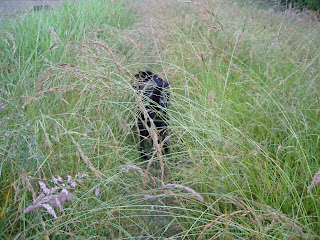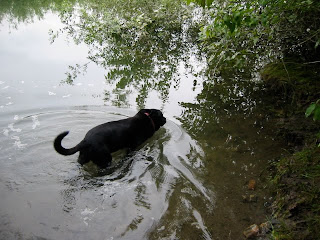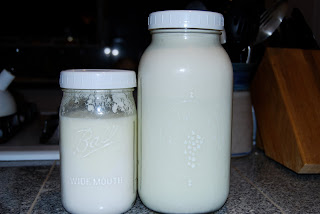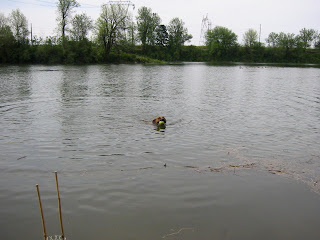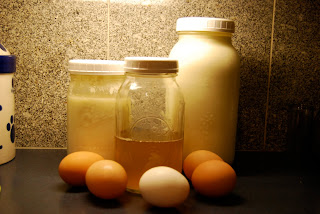My knickers are in a twist today. The Delta Society – one of the largest and best-known organizations that registers and insures pet-therapy volunteers and their companion animals – recently announced that effective June 30, "any dog or cat from a household where raw protein food is fed, is not eligible to be a Delta Society Partner."
At first blush, the Delta Society's new position raises concerns about the safety of feeding raw food to dogs. Are raw-protein diets truly dangerous for dogs and the people who touch them? I think not, and numerous holistic veterinarians agree. Dogs have eaten raw meat for millennia, only recently switching to commercially prepared food, during which time, the incidence of cancer and other canine degenerative diseases has risen sharply.
Making a quick visit to the Delta Society's home page, I found a possible explanation for this new policy. The Delta Society displays the Purina logo with this comment: "Thank you to our incredible partner, the passionate pet lovers at Purina." One of the Delta Society's Medical Advisory Group members – Deborah S. Greco, DVM – works for Nestle Purina Petcare in Missouri. Coincidence? Hmmm!
The biggest food recall ever involved commercial pet food. The food had been knowingly contaminated with a substance that mimics protein, so that when tested it would show a higher protein content. Unfortunately, the substance used (melamine) is highly toxic to cats and dogs and caused renal failure and death in numbers large enough to institute a huge recall. In pre-cooked, commercially available food, there have been incidences of contamination with Salmonella, E. Coli, Clostridium difficile, and other bacteria – and this is safe?
The Delta Society raises the specter of bacteria ingested in raw meat crossing from dogs to humans and infecting humans with weakened immune systems. They suggest danger inherent to owners in handling meat to be fed raw to companion dogs, but are strangely silent about the dangers of those owners handling raw meat they will cook, whether to feed to their dogs, or to themselves. Is this simply an oversight, or might there possibly be an ulterior motive to the suggestion that pet owners should feed commercially prepared food to their dogs?
Nicholai is still here with me in part because of the high quality food he eats – raw veggies, raw milk yogurt, raw meat and raw meaty bones, replete with vitamins and enzymes that stimulate the immune system and help to fight aberrant bacteria when they show up, as they will from time to time whether food is cooked or raw. It's important to be careful about sources of meat; unhealthy factory farmed animals could easily produce meat that is nothing more than a soup of chemicals and bacteria gone out of control. Raw meat from healthy, grass-fed, pastured animals processed and handled with care and respect will bear little resemblance to meat produced under the ungodly circumstances of the factory farm. In that regard, I will agree with the naysayers – industrial meat is most likely unsavory and unsafe. But to paint all raw meat as dangerous is uneducated at best, and downright dishonest and purposefully misleading at worst.
Nicholai would make a terrible therapy dog. He doesn't like strangers and eschews excessive petting and handling, not the kind of guy to spend a day at an old folks' home or children's hospital. But if he were that kind of guy, I would happily withdraw as a volunteer. I'd rather have my beloved canine companion alive, than feed him Purina Dog Chow.
For more details, see the Whole Dog Journal at www.whole-dog-journal.com




















